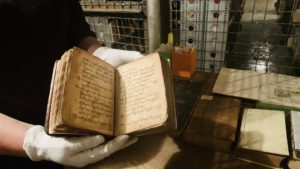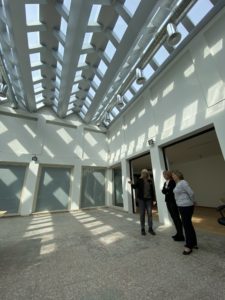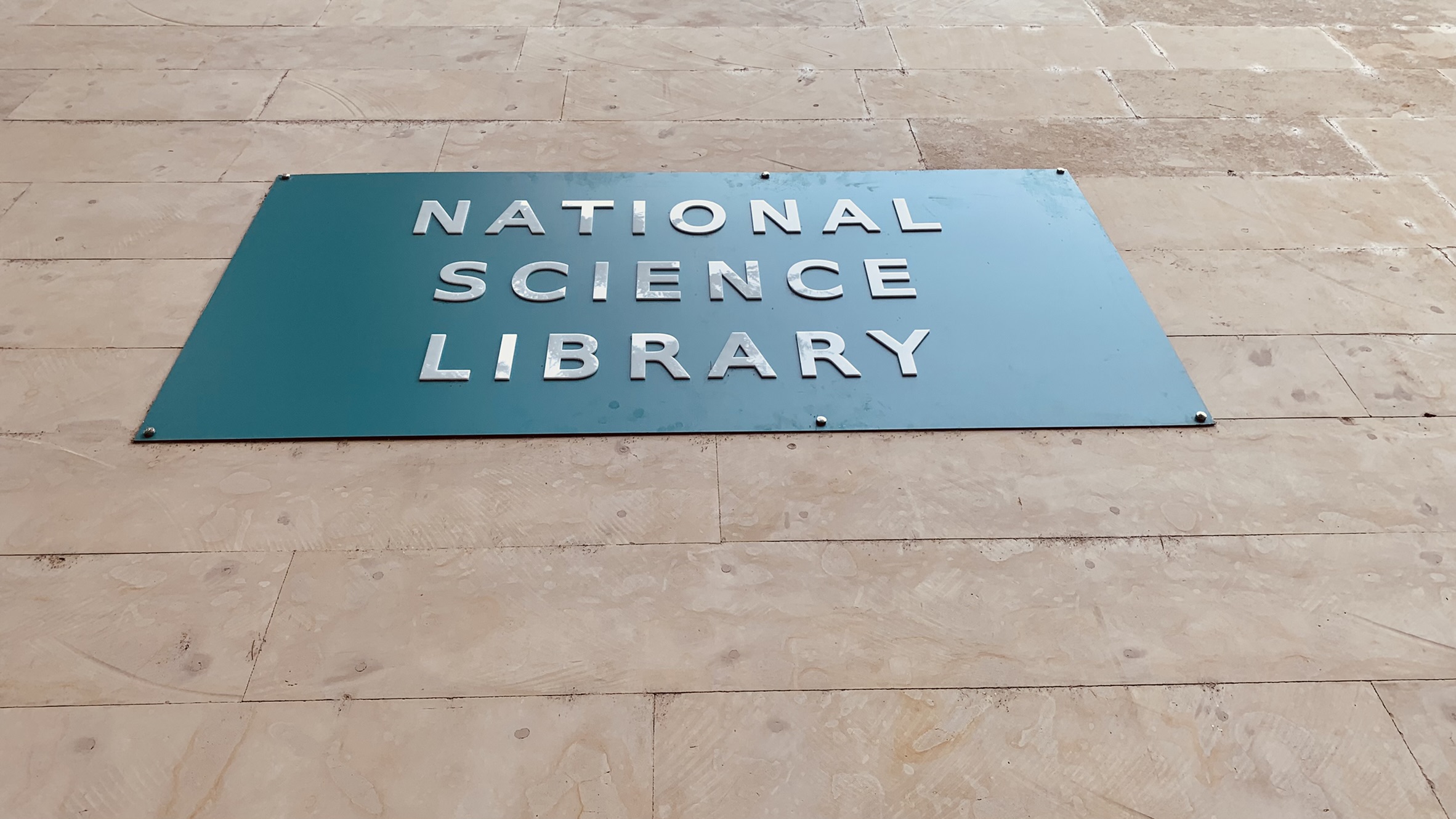
The National Science Library is the largest library in Georgia. Founded in 2006, it evolves from the Library of the National Academy of Science (1941) and the National Technical Library (1965). In 2012 it became part of the Tbilisi State University and is now a national cultural hub located in the heart of the Georgian capital. The National Science Library stores up to 4 million science and fiction printed books, including rare old books and scientific editions in Georgian, Russian and other languages, as well as modern scientific literature.
Together with printed content, the library offers its members a wide range of open electronic infrastructures: an open-source online library catalogue based on Koha (open-source integrated library system), since 2012, openjournals.ge, an OJS (Open Journals System) based platform bringing together 45 Georgian journals since 2015, openlibrary.ge a DSpace-based (Open Source System) repository of non-scientific resources such as monographs, books, manuscripts and maps since 2016, openscience.ge, a DSpace CRIS-based first open source and open access library repository of scientific works in Georgia, containing research profiles of scientists and scientific publications, publication records plus master and PhD theses since 2018.
The increased reliance on remote access during the pandemic and the predominant use of electronic publications persuaded the library to enrich its e-book collection with an ambitious digitisation project which includes also rare old books.
GRENA and Open Science

The library is using cloud services provided by GRENA, the National Research and Education Network (NREN) in Georgia and also eduroam wi-fi connectivity which delivers to users further substantial advantages by providing simple, easy and secure connectivity from thousands of hotspots across more than 100 countries.
In particular, thanks to the support and collaboration with GRENA during a dedicated two year project, the library was able to deploy the Georgian Open Library Digital Repository, the first open source and open access library repository of scientific works for the European Open Science Cloud (EOSC) catalogues in Georgia. As a result, openscience.ge became the first Georgian repository in EOSC, making scientific works and research profiles visible, accessible and reusable for the entire European scientific community.
Throughout the process GRENA advised us and enabled us to make informed decisions. Our repository is available in NI40S-Europe as well as in the EOSC catalogues and comprises electronic journals, articles and research data. We are currently in the process of finding donors for the research data repository and our aim is to be prepared with a platform to meet the governmental directions and policies. Our library is a platform to transfer knowledge to researchers and students and as an active member of international library associations such as LIBER, EIFL, IFLA, we feel the heartbeat of what is happening for science globally in the library arena.
One shared vision
Ana Trapaidze, Deputy Director of the National Science Library says: “Open Science has become one of the main strategic directions for research and education in Georgia. We believe that Georgia occupies an advantageous position in this context thanks to the alignment between government and academia as Open Access has been high on the agenda of both parties for some time. Together they have been identifying needs and requirements, sharing information and raising awareness in both directions.”
The future

The National Science Library is very interested in connecting with like-minded organisations in the Easter Partnership region and beyond. To enable further collaborative opportunities, the EaPConnect project is planning to organise an event in Q3 2023 to provide a platform for the exchange of experiences and ideas and pave the way for mutually beneficial international collaborations. If anyone is interested to learn more about this future event (and would like to join it) please contact Irina Matthews, EaPConnect Project Manager at irina.matthews@geant.org.
Funded by the European Union, EaPConnect is part of the European initiative EU4Digital. The project aims to unite the research and education communities of the EU and the Eastern partner countries, as well as reduce the digital divide.


